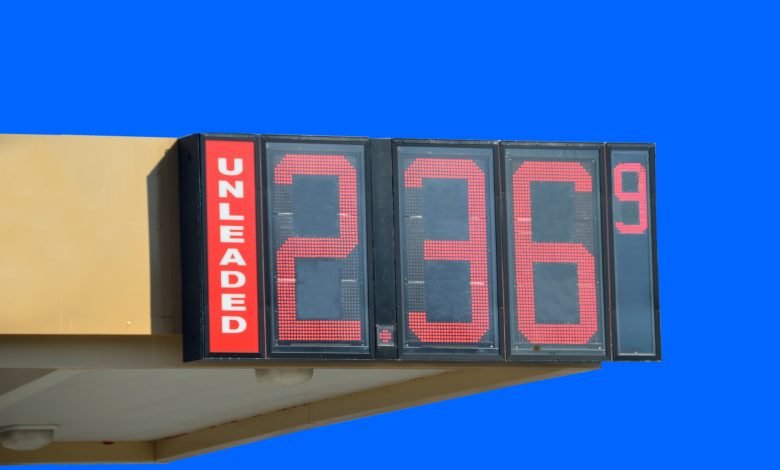
OPEC neither Arabia nor the Emirates want to concede
The OPEC + summit seemed to be, like several previous ones, a pro forma and would quickly end with the extension of the current agreement and the approval of the already agreed changes for August, unexpectedly dragged on. Moreover, there is a threat that it will end in failure altogether, which will lead to the collapse of the OPEC + agreement.
Energy ministers of the 23 oil-producing countries participating in the agreement could not agree on Friday, did not find a compromise, judging by media reports, over the weekend, and will continue negotiations on Monday.
The summit discusses the policy regarding production volumes for August and the rest of this year for 2022. But, unfortunately, serious disagreements, which had halted negotiations twice, suddenly flared up between closest allies: Saudi Arabia and the United Arab Emirates. As a result, the planet froze in anticipation: no one knows how much oil the global economy will receive in August.
Everyone understands that disagreements often arise even between the closest allies, but they in the palaces of the rulers of oil-producing monarchies. Now the press learned about the heated debate between Abu Dhabi and Riyadh on Sunday. Should note right away that the UAE is playing the role of “troublemaker.” The KSA follows the scenario supported by the OPEC + participants, including Russia: 23 parties to the agreement will gradually increase production by the end of the year and extend the consensus on production restrictions until 2022.
“The agreement needs to, ” Arabian Energy Minister Prince Abdelaziz bin Salman said Sunday night in an interview with Bloomberg Television, “because it is in the interests of so many.”
The prince also transparently hinted that Abu Dhabi is now in isolation: “A large group of countries opposes one country. The situation is very unpleasant for me, but this is the reality. “
The prince was interviewed a few hours after his Abu Dhabi colleague Suheil al-Mazrui again rejected a proposal to extend the agreement for the following year. Instead, he demands an extension of the agreement for a shorter period and wants to bargain more favorable terms for the UAE.
“The United Arab Emirates is in favor of increasing production without any conditions, as required by the market,” he said in an interview with Bloomberg Television and stressed that there is no particular need to extend the agreement until the end of 2022.
Abu Dhabi has put 22 allies in a difficult position: they must, or the OPEC + agreement could collapse, resulting from which the already high oil prices will rise even higher and threaten the recovery of the global economy.
In the event of the termination of the OPEC + agreement, all its participants, no longer constrained by any obligations,
which will cause prices to collapse. The only difference from last year’s collapse will be that then the reason for the price war was the disagreement between the KSA and Russia.
The UAE, by the way, has repeatedly said that they are not entirely satisfied with the agreement and even talked about a possible withdrawal from the oil cartel. Now, however, the UAE is not yet threatened with withdrawal from OPEC. When asked about this possibility, the Arab minister replied that he hoped it would not come to this.
Without extending the agreement, Abdelaziz bin Salman explained, there will be no increase in production either in August or by the end of this year. At the same time, he stressed that the rest of the parties’ agreement could not increase production without the UAE.
Relations between Riyadh and Abu Dhabi have deteriorated, it seems, in earnest. Prince bin Salman said he and Marzui remain friends but admitted that they have not spoken to each other since Friday.
The main disagreement between the allies is the base levels of oil production for each country, from which all calculations to increase or decrease its production. The higher they are, the greater the increase or decrease in production. For example, Abu Dhabi estimates its April 2020 baseline of approx. 3.2 million b / d is too low and requires, when calculating production growth for 2022, to increase it to 3.8 million b / d.
Riyadh and Moscow are categorically opposed to recalculations, rightly fearing that the rest of the parties to the agreement will demand the same.
Negotiations are to resume via videoconference on Monday at 3 pm CET, but this could change at the last moment. By the way, the Arabian minister refused to answer the question about the chances of reaching a compromise and only said that he would make every effort for this.